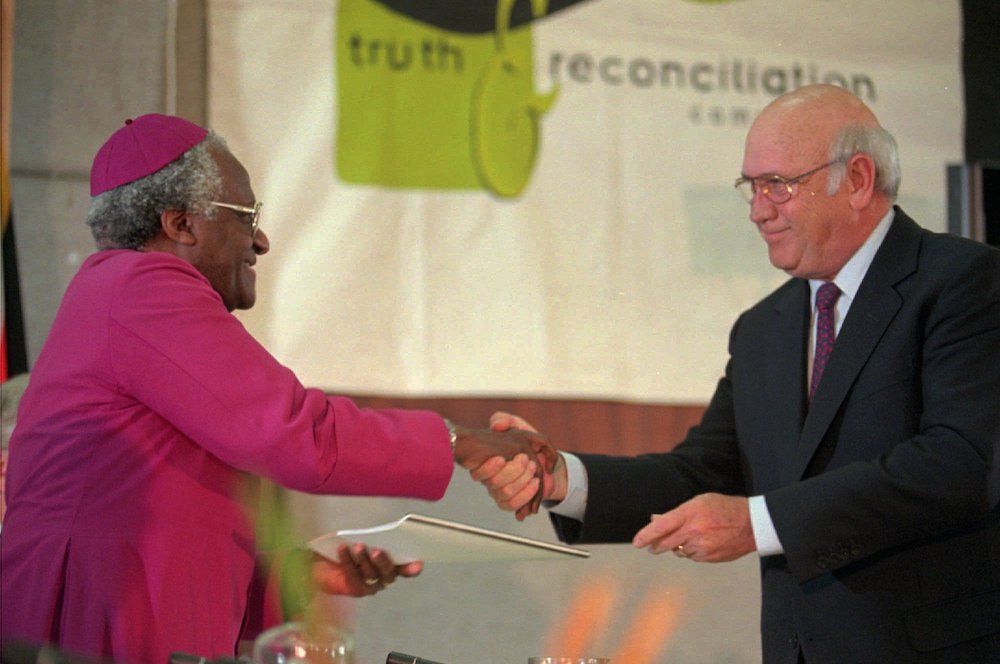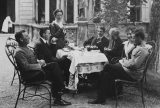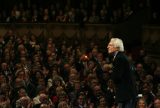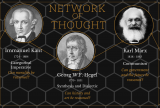Is Forgiveness the Basis of a Healthy Democracy?
An Iranian Philosopher Posits That Only Absolving Others of Blame Can Open Dialogue and Rebuild Decency
Why do we have such difficulty thinking about forgiveness? Read the news on any day and you’ll find stories of war, injustices present and past, and attacks on democracy. It’s apparently a world of apathy and lack of empathy for one another. Forgiveness is not a virtue of this de-civilizing world. But it is the responsibility of outsiders like philosophers and artists to think about forgiveness because it is a powerful personal and political tool that is essential to democracy, to peace, and for personally coming to terms with the …










